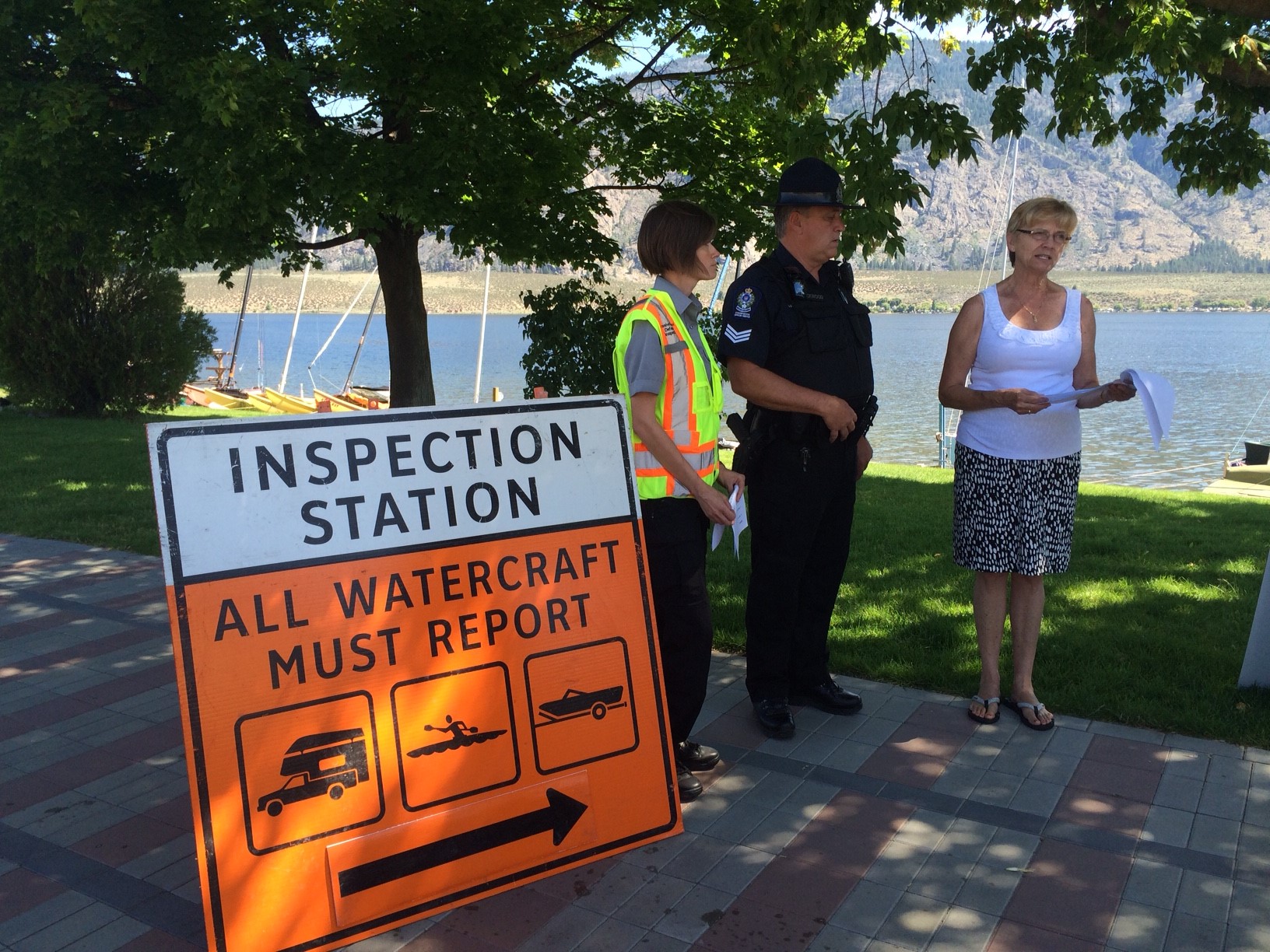
The B.C. government has partnered with BC Hydro and conservation organizations to bolster the province against invasive mussels.
B.C. officials said BC Hydro is supporting the Invasive Mussel Defence Program (IMDP) with a five-year commitment of $900,000 per year starting in 2024.
The BC Wildlife Federation, Pacific Salmon Foundation and Habitat Conservation Trust Foundation will also provide $150,000.
“I welcome the support from BC Hydro and our conservation partners as we continue the crucial work of keeping our waterways free of invasive mussels,” said Nathan Cullen, Minister of Water, Land and Resource Stewardship.
“The Province has made fighting invasive mussels a priority and we will keep taking action alongside our partners and communities.”
The new contributions will bolster previous funding from partners such as the Columbia Basin Trust (CBT), Columbia Power and FortisBC.
“Protecting our waters from the threat of invasive species like quagga mussels is not just an environmental imperative, it’s critical to safeguarding the economy and well-being of communities throughout the Columbia Basin,” said Johnny Strilaeff, CBT president and CEO.
“These mussels, if introduced, could cause irreversible damage. This underscores the necessity of our ongoing commitment to prevention.”
B.C. officials said the IMDP works to protect the province’s waterways through lake monitoring, watercraft inspection stations and public outreach.
“Inspection stations are open from April until October to prevent zebra and quagga mussels from hitching a ride on boats or other watercraft and entering B.C. waterways,” said B.C. officials.
“Inspectors promote B.C.’s directive that everyone follow the ‘Clean, Drain, Dry’ guidance, preventative steps every boater is expected to practise when moving between lakes, rivers and other water bodies.”
The province said it’s important to keep these mussels out, as invasive species can lead to some serious damage.
“Invasive zebra and quagga mussels pose significant economic and environmental risks because of their ability to damage essential water infrastructure and outcompete B.C.’s native species and ecosystems,” said the province.
“If they were to be introduced into B.C., the estimated cost of annual removal and management would range from $64 million to $129 million per year.”
Be the first to know! Don’t miss out on breaking news and daily updates in your area. Sign up to MyCrestonNow News Alerts.



